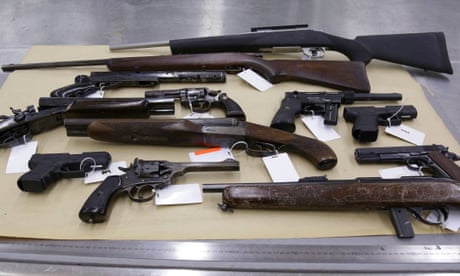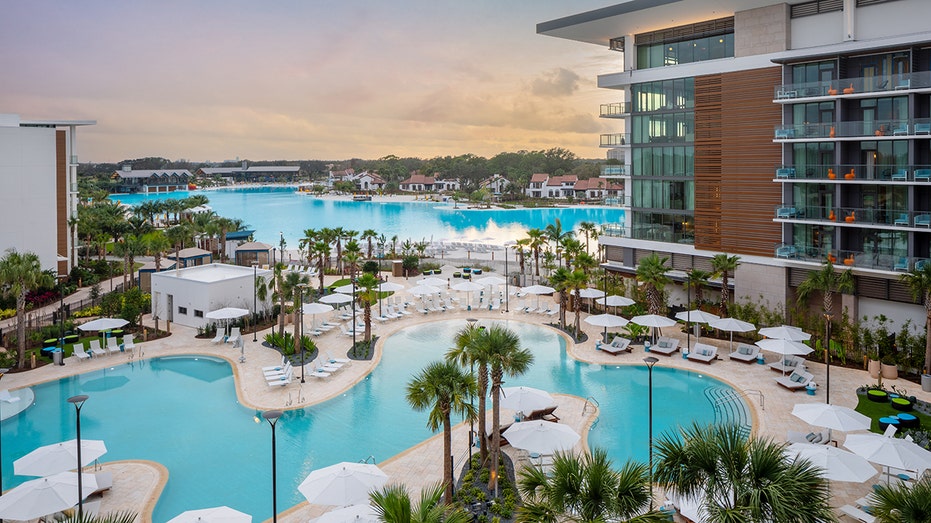- by foxnews
- 17 Nov 2024
Over 17,000 weapons surrendered in first year of Australian firearms amnesty
Over 17,000 weapons surrendered in first year of Australian firearms amnesty
- by theguardian
- 21 Jan 2023
- in news

States and territories struck an agreement with the Commonwealth in 2019 to establish an enduring amnesty allowing gun owners to hand in unregistered, illegal, or unwanted firearms without punishment or investigation.
The amnesty began in mid-2021, after Covid-related delays, aiming to claw back some of the roughly 260,000 illicit firearms thought to be in circulation in Australia.
A report on the first year of its operation, released by the government on Saturday, showed Australians surrendered 17,543 firearms and weapons and 606 firearms parts and accessories.
The weapons surrendered include a Vietnam war-era flamethrower, handed to police in Canberra, sawn-off shotguns, gel blasters and revolvers.
The vast majority of the surrendered firearms were rifles (8,140) or shotguns (2,896). About 789 pistols were handed in.
About 15% said they were doing it because they felt a sense of responsibility. Just 1% said they were doing it to avoid a criminal charge.
All but three of the states and territories check the weapons to see if they are stolen or missing.
Just 16 of the surrendered weapons were known to be stolen. Another 30 were recorded as missing.
It resulted in 57,000 firearms being handed in.
The famous buyback and amnesty scheme held in 1996-97, led by John Howard after the Port Arthur massacre, prompted the surrender of almost 650,000 firearms.
Research has consistently shown that the post-1996 reforms had immediate and sustained effect on the incidence of mass shootings. They also greatly reduced other forms of gun deaths.
In a study published by the University of Sydney last year, researchers said that between 1979 and 1996, average annual firearm-related mortality was 3.6 per 100,000 people. After the introduction of the national firearms agreement, that figure dropped to 1.2.
Attorney general Mark Dreyfus described the first year of the permanent amnesty as a success.
Assoc Prof Philip Alpers, gun control expert at University of Sydney, said in 2021 the number of Australians holding gun licences was also falling.
His data suggested that, while a smaller proportion of Australians had gun licences, those that were licensed were owning more and more guns. At the time, Alpers said Australian civilians owned 3.5m registered firearms, an average of four each.
- by foxnews
- descember 09, 2016
New hotels for family-friendly travel in America, from Florida to Tennessee and more
Newly opened U.S. hotels in Florida, South Carolina and other states could provide endless fun for families no matter the season. Check out these 10 family-friendly oases.
read more


